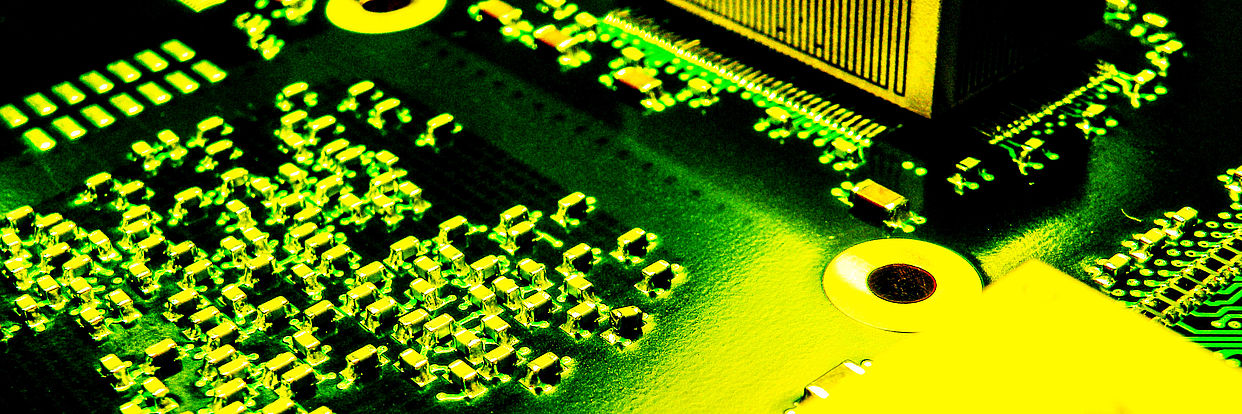Vehicles, as well as aerospace systems, are today essentially determined by electrical and electronic systems. Today, a typical mid-range vehicle contains more than 50 control units ("embedded" computers) that communicate via complex networks. Not only the number of control units is increasing, but above all the quality of computers and their software. Questions of information technology, real-time computers and their special software technology, safety and reliability and finally the interface between driver and computer-controlled vehicle have long since become a central and independent task in vehicle development.
The professional environment of a graduate will be characterized by internationality.
Graduates of the Master's programme Electronic Vehicle Aerospace Systems have the ability to design, build and evaluate complex electronic systems for safety-critical applications, e.g. for vehicle control and aerospace systems. They are able to apply their expertise in the fields of system engineering (hardware design, computer structures, software design, simulation, abstract modelling, control engineering, signal transmission, communication protocols, etc.) to the development of new or further development of existing applications in the fields of aerospace engineering (avionics, navigation, sensors, assistance systems, etc.) and automotive engineering (control units, assistance systems, electromobility, etc.). In interdisciplinary project teams distributed over different locations (possibly internationally) and communicating via modern media, they have the ability to plan and work on subprojects and to successfully present their results.
The Master's programme in Electronic Vehicle, Aerospace and Space Systems is characterised by a strongly research-oriented orientation and a focus on content on the basis of a wide range of opportunities for in-depth study, which are strongly oriented towards the current research fields of the participating institutes. The Master's programme enables both further content and technical specialisation of the basic knowledge acquired in the relevant Bachelor's programmes as well as extensions of existing qualifications through the additional choice of other specialisations.
